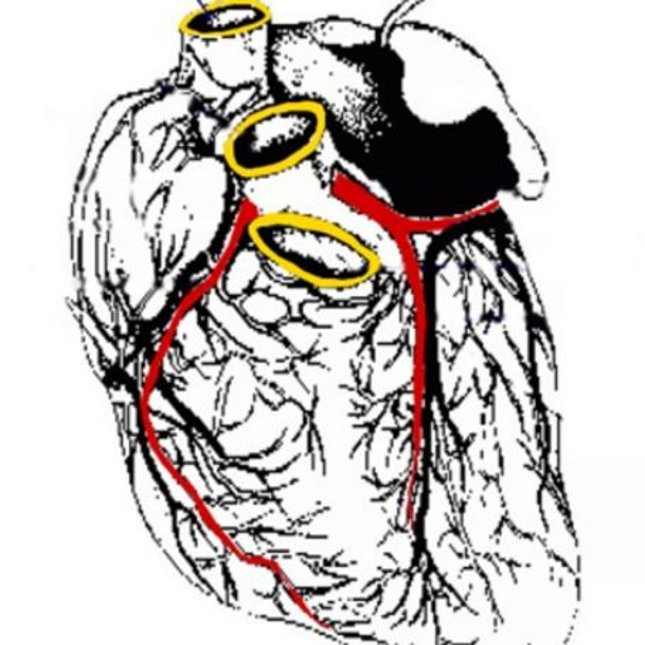
Coronary artery disease, in which the coronary arteries are partly or totally obstructed by atherosclerotic plaques (stenosis), is one of the major forms of cardiovascular diseases. Diagnostic methods are based on X-ray or CT angiography. Assessment of the physiological severity of coronary stenosis is based on the measurement of the Fractional Flow Reserve using guide wires with a pressure sensor. In the last 20 years our group has performed a number of studies on FFR measurements. Together with the many clinical studies performed in the Catharina Hospital (prof. Nico Pijls), Eindhoven has become a world leading site for FFR research (PhD theses: Bech 2001, Aarnoudse 2006, Geven 2007, Botman 2007, van ‘t Veer 2008, Tonino 2010, van de Broek 2010, van der Horst 2012, Sels 2013).
Current studies focus on the role of patient specific phenotype and variables in intervention strategy on outcome of percutaneous coronary intervention (Inge Wijnbergen) and on the evaluation of computed FFR based on CTA (Kujtim Gashi) and bi-plane angio (Ellen Nijssen).
In a new research topic we study the influence of hypothermia (local cooling of the myocardial muscle) on the outcome of revascularization and in particular the possibility of prevention of reperfusion damage (Luc Otterspoor).